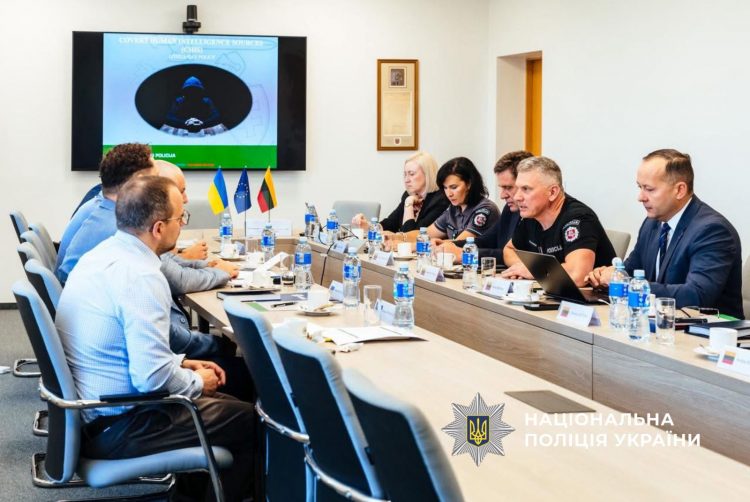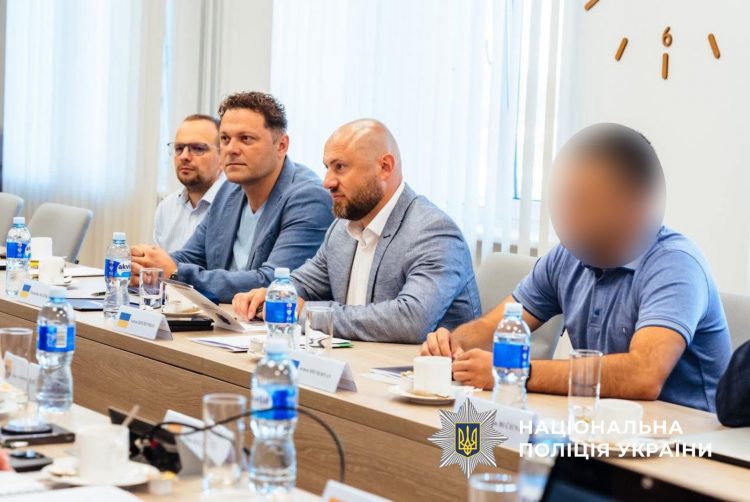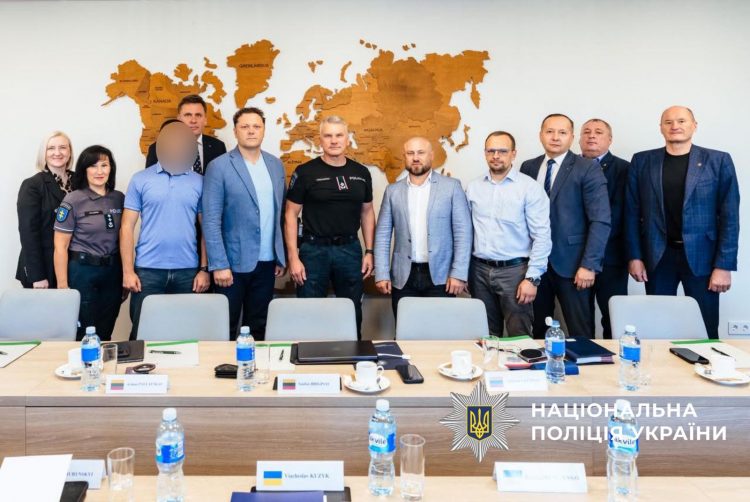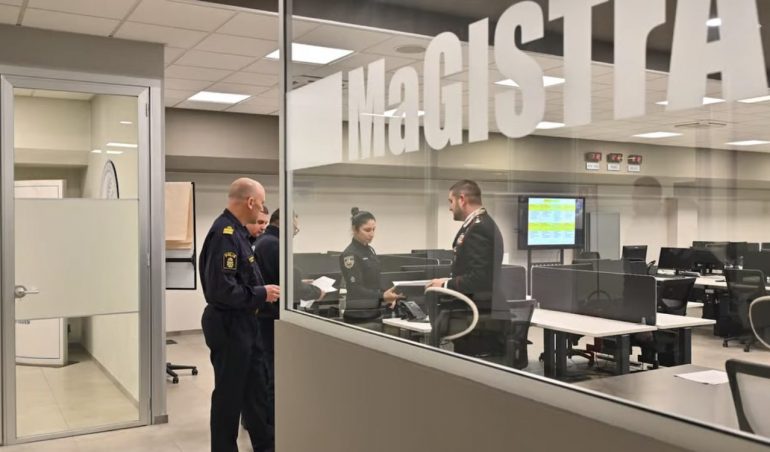Ukrainian Police Gain Lithuanian Expertise in Criminal Intelligence Reform
September 16, 2025
How can the police stop serious crime before it happens? The answer lies in criminal intelligence — building systems to anticipate and prevent offences rather than reacting only afterwards. Proactive intelligence work is also less costly for the state budget than reactive measures, such as detecting and identifying perpetrators through lengthy pre-trial investigations. Reforming criminal intelligence as a proactive area of criminal justice means establishing clear rules for working with informants, ensuring operations are lawful and accountable, strengthening the protection of human rights when intelligence methods are applied, and developing modern analytical capacities. For Ukraine, these reforms are a priority under the Overarching Strategy for Law Enforcement Sector Reform (OAS), are key to strengthening public trust and advancing EU integration.

To support this effort, the European Union Advisory Mission (EUAM) Ukraine recently facilitated the study visit to Vilnius, Lithuania, for senior officers from the National Police of Ukraine (NPU). The delegation included members of the working group drafting a new law on criminal intelligence and those engaged in transforming the outdated operative-search model into a modern criminal intelligence system. In Vilnius, they explored how their Lithuanian colleagues have built effective and accountable criminal intelligence structures.

During the visit, the Ukrainian delegation learned from Lithuania’s experience in handling informants, developing regulatory frameworks, and establishing procedures that ensure operational work is both effective and transparent.
“Lithuania’s experience shows that a well-regulated and transparent system of criminal intelligence can be both effective against organised crime and fully compliant with democratic standards,” said Gediminas Buciunas, a Senior Adviser on Prosecution at EUAM Ukraine’s Lviv Field Office. “By adapting these lessons to the Ukrainian context, the National Police can build capacities that will serve citizens with greater efficiency and integrity.”

The visit forms part of broader efforts to bring Ukraine’s law enforcement practices closer to European Union standards and to advance the implementation of the OAS. It also underlined EUAM’s role as a bridge, helping Ukraine adopt best European practices that contribute to effective, transparent, and accountable policing.





